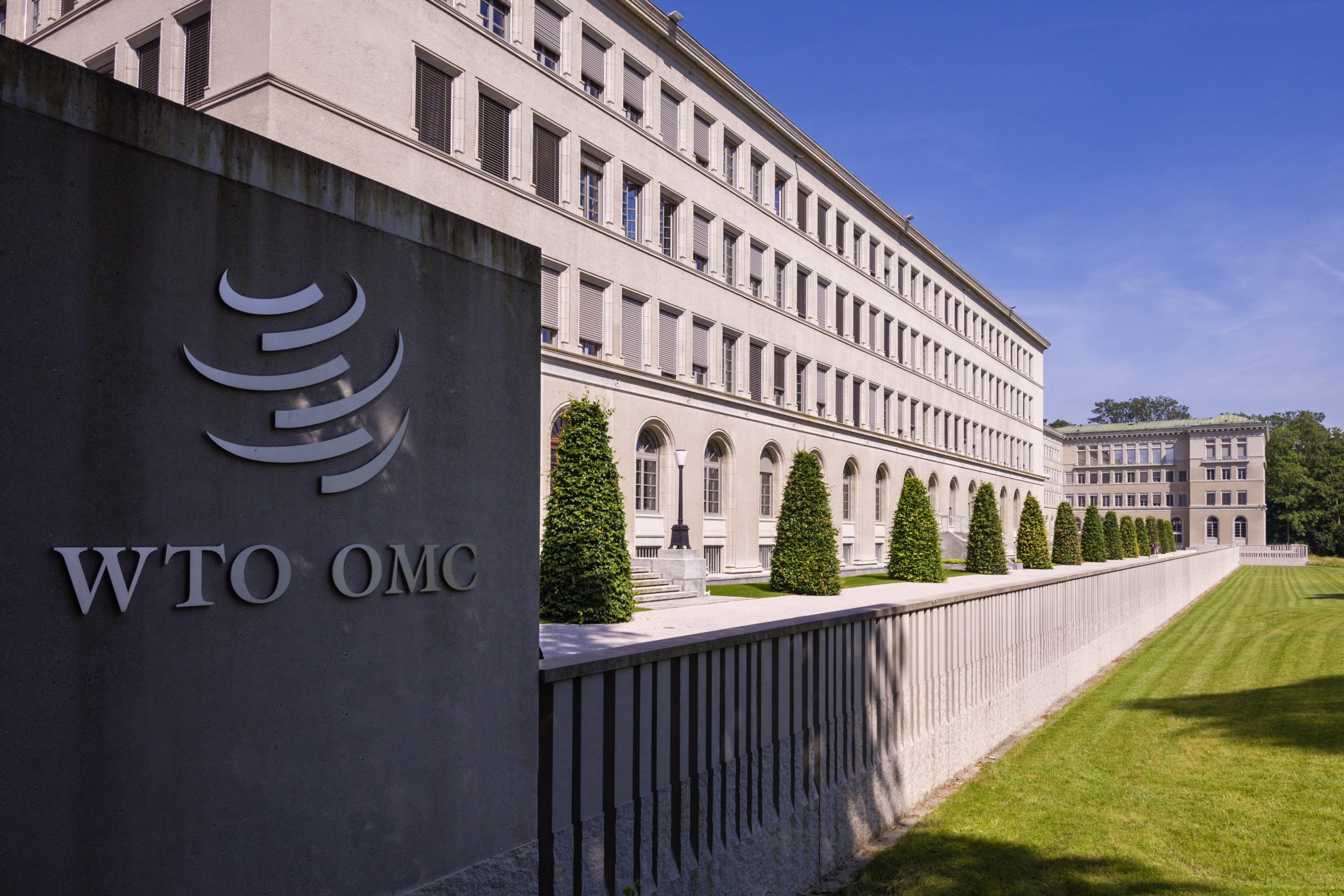
2nd March, 2024 – The World Trade Organization (WTO) concluded its 13th biennial ministerial meeting in Abu Dhabi with a significant breakthrough: another two years extension of the moratorium on e-commerce tariffs lasting until 2026. Indeed, the negotiations failed to reach consensus on sticking points like the treatment of agriculture and fisheries subsidies.
WTO Director-General Ngozi Okonjo-Iweala raised the issue of WTO’s resilience in turbulent conditions, yet insisted on the importance of addressing the outstanding issues. The meeting’s agenda was hindered by the anger over inflation and foreign competition that had developed in great economies.
The climax of the trade negotiations was the announcement of the preservation of the e-commerce exclusion which seemed to be contrary to what was said about the failure of the negotiations. Doubts about the WTO’s effectiveness reignited because its 166 members were not able to reach consensus while the highly competitive global economic landscape was being formed.
Initially, the moratorium of e-commerce from countries such as India, Indonesia, and South Africa was opposed by giving the reason for data governance and the dominance of American Big Tech companies. Nevertheless, they showed up to the extension meeting.
The e-commerce deal evidenced the struggle of controlling digital trade, which represents an already substantial and still growing percentage of all trade. It is still unclear what will happen after the moratorium is extended for now.
India was playing an active role in the process, seeking concessions on agricultural subsidies in the topics which were debated against the deadline. Working to revitalize the WTO’s appellate body and reforming the dispute settlement system are amongst the priorities, with the American Chamber of Commerce referring to the enforcement of trade rules.
In brief, the continuation of the e-commerce moratorium gives a sense of advancement. The WTO faces numerous challenges while addressing complex trade issues being caught in the tension between nations interests.
Author: Simona Merlo
